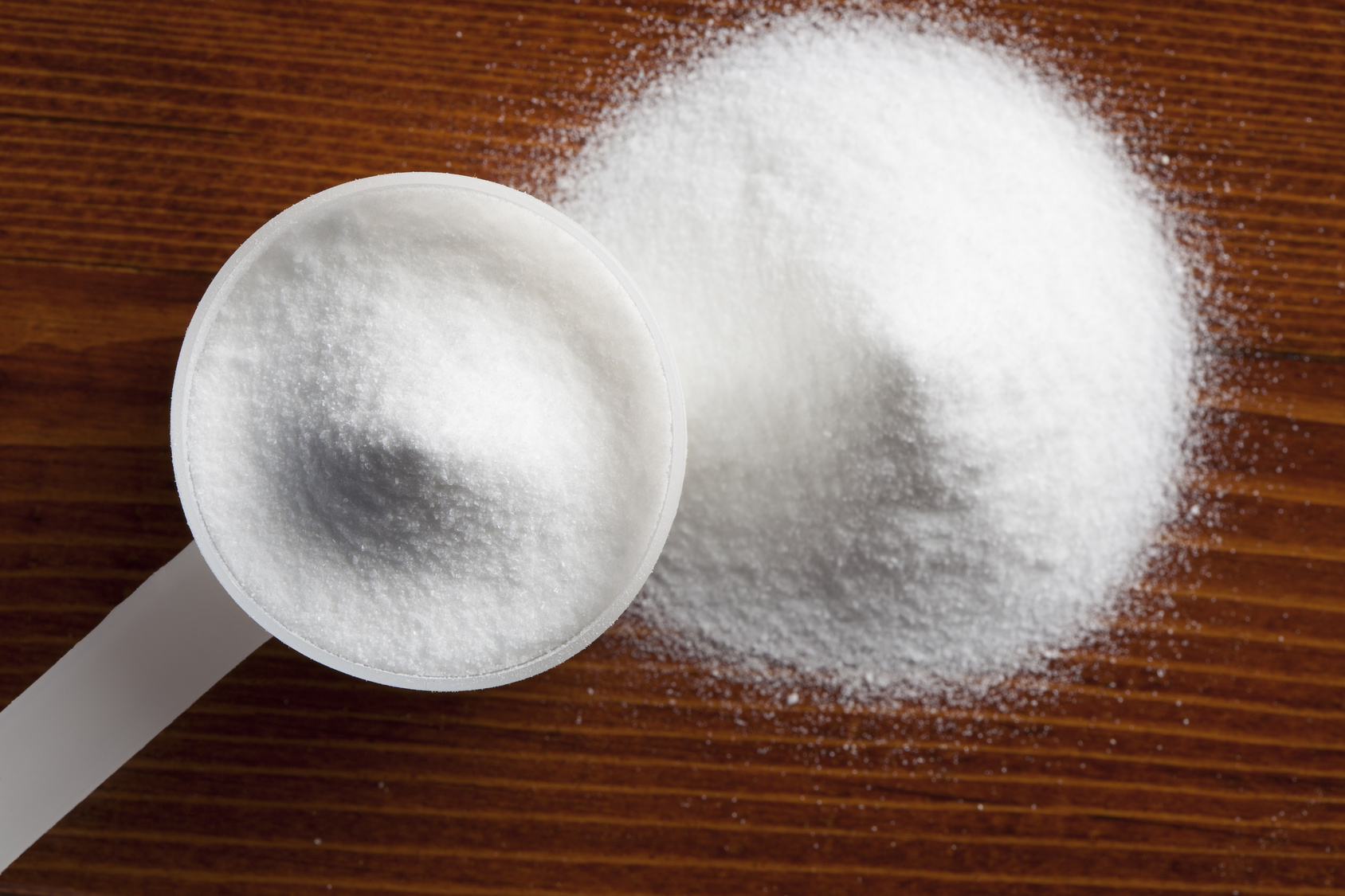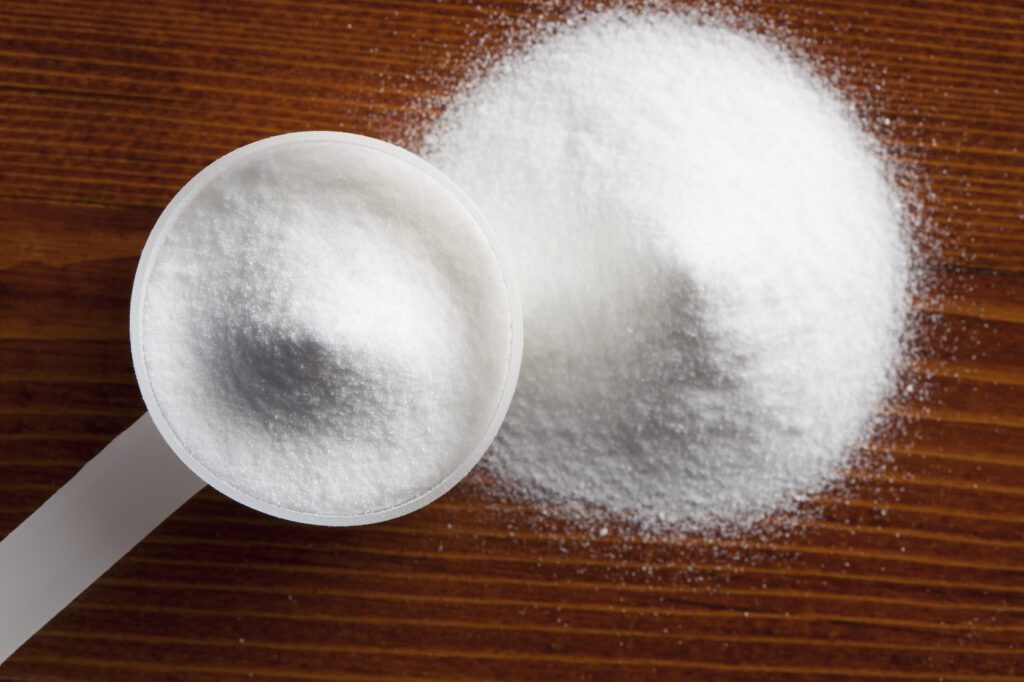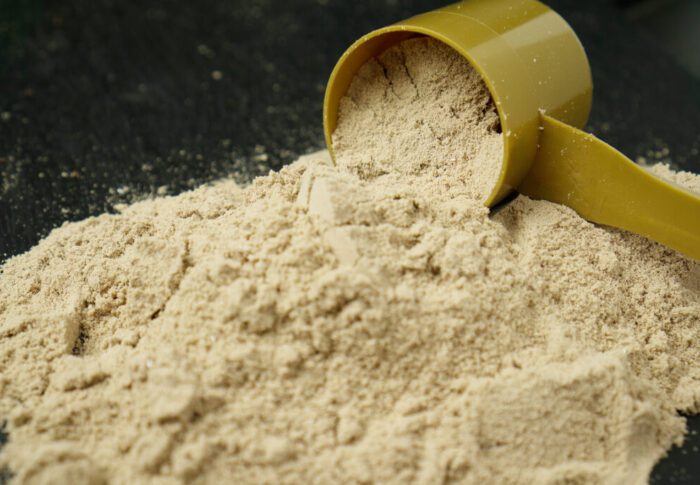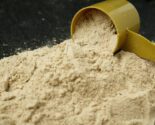
creatine benefits and details
Creatine is a naturally occurring compound that is found in meat products and produced by the liver, kidneys, and pancreas. It is involved in energy production within the body, specifically in the form of adenosine triphosphate (ATP) which is required for muscle contraction during exercise. Creatine supplementation has been marketed as a way to increase athletic performance and muscle mass, though research is mixed on its effectiveness. Creatine supplements typically come in powder or pill form and are taken before or after exercise.

creatine advantages and disadvantages
Advantages:
- Increased muscle mass and strength: Creatine intake can help increase muscle mass and strength, especially when combined with resistance training.
- Improved athletic performance: Creatine can help improve athletic performance by enhancing the availability of ATP (adenosine triphosphate), the main energy source for muscle contractions.
- Enhanced recovery: Creatine can help speed up recovery after high-intensity exercise, allowing you to train harder and more frequently.
- Cognitive benefits: Some studies have suggested that creatine can help improve cognitive function and reduce mental fatigue.
Disadvantages:
- Water retention: Creatine can cause water retention, which can lead to weight gain, bloating, and dehydration if not properly hydrated.
- Gastrointestinal distress: Some people may experience gastrointestinal distress, including bloating, gas, and diarrhea, when taking creatine.
- Risk of kidney damage: Long-term use of high doses of creatine can lead to kidney damage, although this is rare.
- Unknown long-term effects: The long-term effects of creatine supplementation are not fully understood, so it is important to speak with a healthcare professional before using it.
creatine details:
Creatine is a naturally occurring substance found in animals and humans. It is produced in the liver and kidneys and is primarily stored in muscles. Creatine is vital in providing energy to muscle cells during short, high-intensity activities, such as lifting weights or sprinting.
Creatine supplements are used by athletes and bodybuilders to increase muscle mass, promote strength and endurance, and improve overall physical performance. Creatine supplements come in various forms, including powders, capsules, and liquids.
Research studies have shown that creatine supplementation is safe and effective when consumed as directed. It has been demonstrated to help increase muscle strength and mass, enhance athletic performance, and improve muscle recovery after exercise.
It is recommended that individuals take 3-5 grams of creatine per day for optimal results. Some individuals may experience minor side effects, such as stomach upset, diarrhea, or muscle cramping, but these are generally mild and short-lived.
There are also various forms of creatine supplements available, including creatine monohydrate, creatine hydrochloride, and creatine ethyl ester. However, creatine monohydrate is the most widely used and researched form of creatine supplement.



Comments